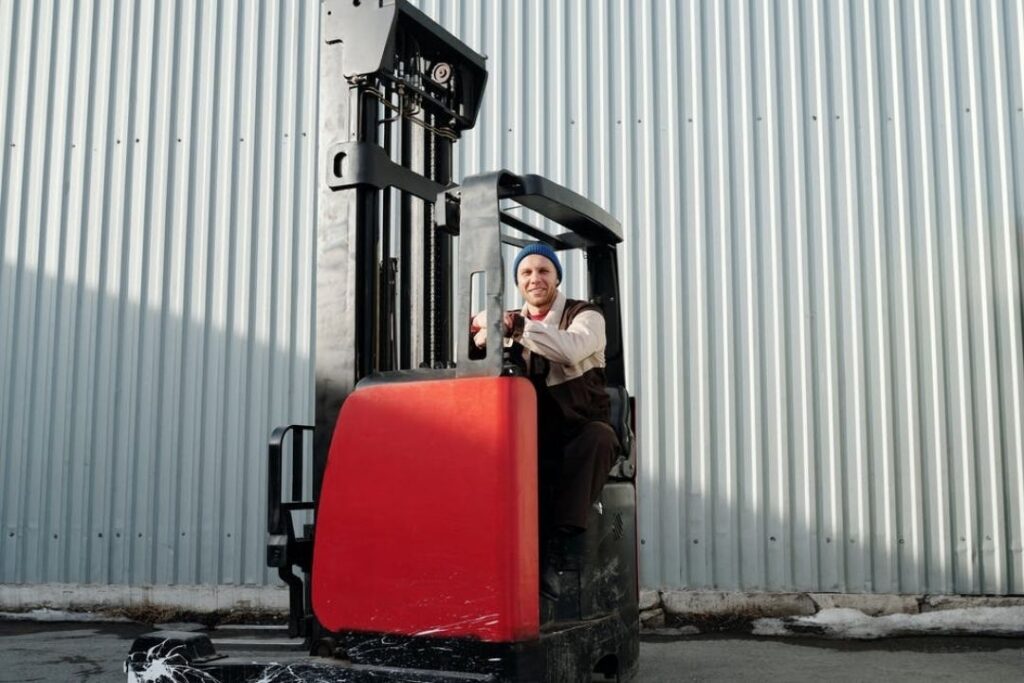How Much Money Does a Forklift Driver Make?

Driving a forklift can be an appealing and interesting career but how much money does a forklift driver make? Depending on experience and suitable training, the forklift driver’s salary can be impressive and rewarding. Typically, individuals considering a forklift driving career in the warehousing and storage industry will have to start at the beginning of the career ladder as inexperienced drivers very rarely land top-end top salaries for the job. However, this isn’t to say it is impossible to start your forklift driving career on a higher salary but it is recommended that you possess additional qualifications and relevant experience. As such, this blog is going to answer: “How much do forklift drivers make in the UK?” with a final comment on what training you can conduct to earn the top end of the forklift driver salary scale.
How Much Money Does a Forklift Driver Make in the UK?
There are a few ranges when it comes to the average forklift driver’s salary. Generally speaking, the salary typically ranges anywhere from £20000 – £27000 per year but this is all dependant on location and the company you work for.
When looking at an hourly rate, the forklift driver pay rate in the UK can range between £9 to as high as £18 an hour!
How Much Does a Forklift Make in a Year?
Clearly, if you have successfully landed a forklift operator job that pays £18/h and work a typical 37.5 hour week, you can be well on your way to earning £35,100 gross income and a take home pay of £27,530.16 a year!
What Training Can You Do To Achieve Higher Forklift Driver Salaries?
First of all, you will need to get a forklift licence. Although there is no physical licence you receive upon completion as you would for a car, a certificate to prove you are capable of performing the job will be required to be presented to an employer.
In addition, you can partake in different types of forklift training programmes in order to enhance and hone your forklift skills. Proof of completion of such training may help you land that higher salary for a forklift driver.
Final Considerations
Of course, some forklift driver jobs offer payment on a per-hour basis and clearly the more hours and overtime you work, the higher your pay package will be. Furthermore, some jobs may offer premium hourly pay. For example, if you are contracted to work during what is called ‘twilight hours’ (which can range from anywhere between 20.00 to 06.00 depending on the employer) you may be entitled to premium payments which could see you earning in excess of £18 an hour. Just make sure you clarify with your employer what is classed as twilight hours before you consider taking a forklift driver job.
Be sure to get in touch with the Trucks Direct team today to have any of your forklift questions, answered.
